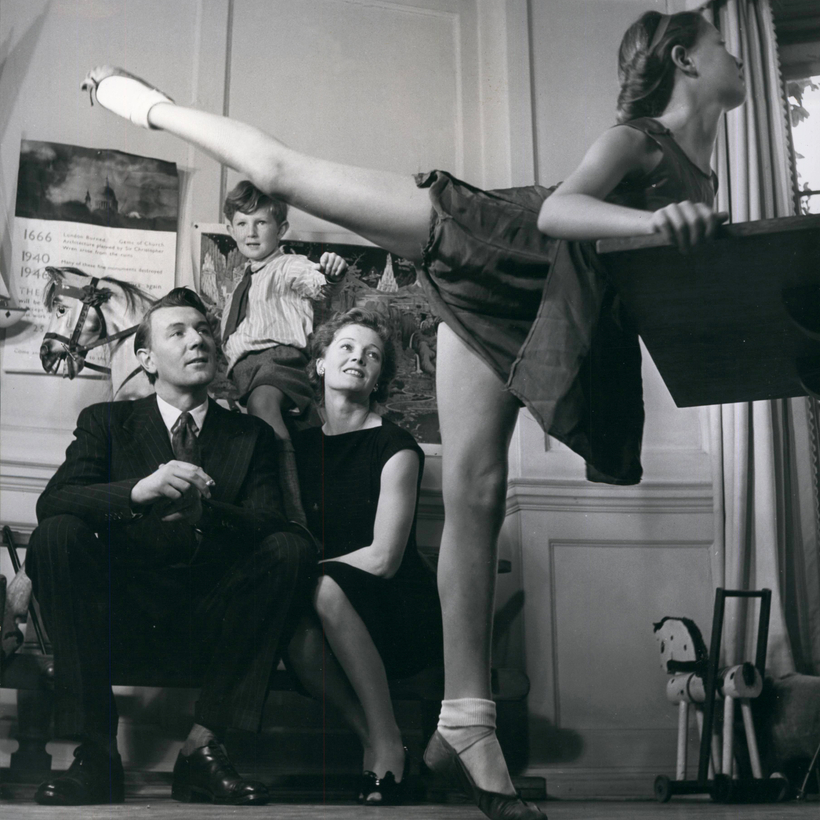Gyles Brandreth has long been a contributor to the gaiety of nations, but with this monumental collection — 774 pages of it — he has put the theatrical profession and theatergoers everywhere heavily in his debt. Gathering together anecdotes from the 16th century to nearly the present day, he has provided an alternative and very human history of the theater.
Largely the British theater, it has to be said, with an occasional nod to the American and French professions, and — with very occasional exceptions — distinctly short on ethnic diversity. However, it is by no means a celebration of the establishment. For the most part it glories in roguishness and vagabondage, constantly paying tribute to the unaccountable surges of magic and mystery — to say nothing of unbridled laughter — that the theater at its best generates.


